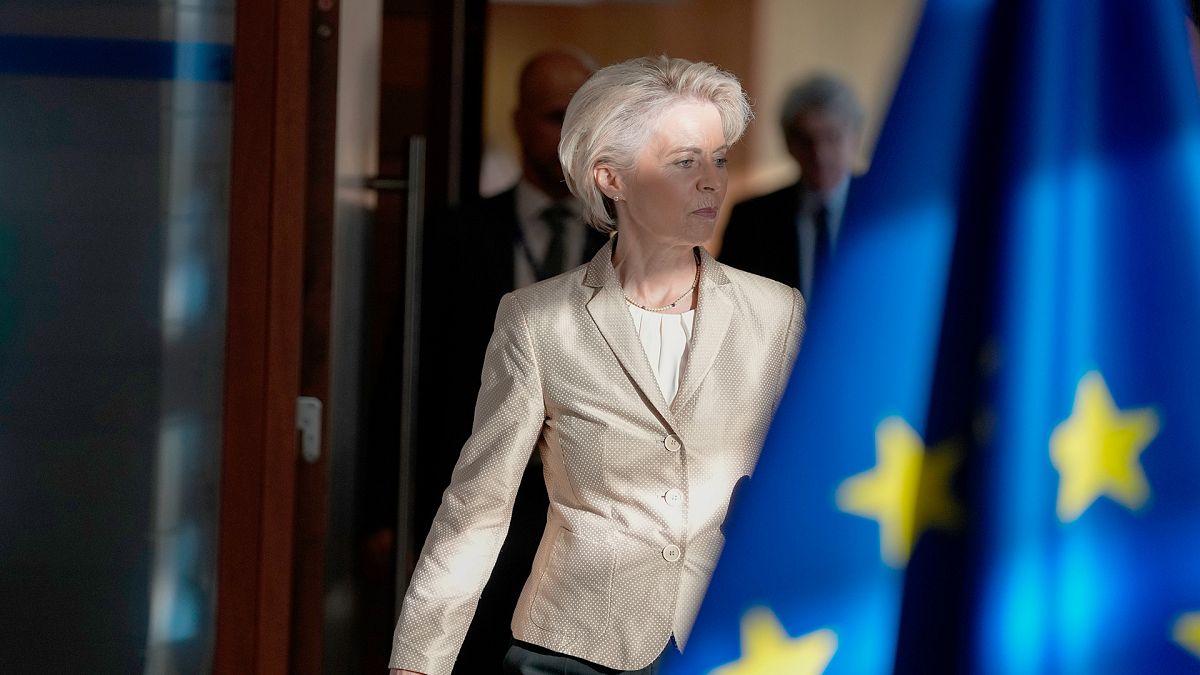Ursula von der Leyen, the President of the European Commission, recently outlined her plans for the new European Commission, which are facing potential challenges. One major concern is the creation of complex hybrid portfolios that may lead to overlapping responsibilities and contradictory policymaking. Some of the appointed candidates have backgrounds that raise eyebrows, such as pairing trade with overall relations with other institutions, responsibility for housing alongside energy, and combining crisis management with equality. These unusual pairings may be a reflection of the candidates’ qualifications or other factors, such as diversity and political considerations.
The issue of overlapping portfolios has also arisen, with some officials potentially facing duplication or territorial infighting. For example, a dispute over food policy has persisted between health and agriculture services, and the responsibilities for food safety and affordability remain unclear. Additionally, there may be conflicts over new departments, such as the Commission department for Health Emergency Preparedness. Furthermore, some commissioners have been assigned responsibilities that seem beyond their expertise, such as resolving tensions in the Middle East, raising concerns about their capabilities in handling such complex issues.
Concerns have also been raised about potential conflicts of interest among some of von der Leyen’s picks for the new Commission, which may lead to pushback from the European Parliament during confirmation. For instance, a commissioner tasked with climate policy also being responsible for tax, despite concerns about aggressive tax planning in their country. Another commissioner facing scrutiny is one who has previously opposed a referendum to legalize abortion, highlighting the sensitivity of certain issues in Brussels. Such controversies could complicate the confirmation process and raise doubts about the candidates’ suitability for their assigned roles.
In summary, Ursula von der Leyen’s plans for the new European Commission have generated concerns about complex hybrid portfolios, overlapping responsibilities, and controversial candidate selections. While the intention may be to create a more dynamic and efficient Commission, the potential for conflicting interests, territorial infighting, and lack of expertise in certain areas poses challenges. These issues could impact the effectiveness of the Commission and raise doubts about the candidates’ ability to handle their assigned roles. As the confirmation process unfolds in the European Parliament, it remains to be seen how these concerns will be addressed and whether adjustments will be made to ensure a more streamlined and effective Commission under von der Leyen’s leadership.










